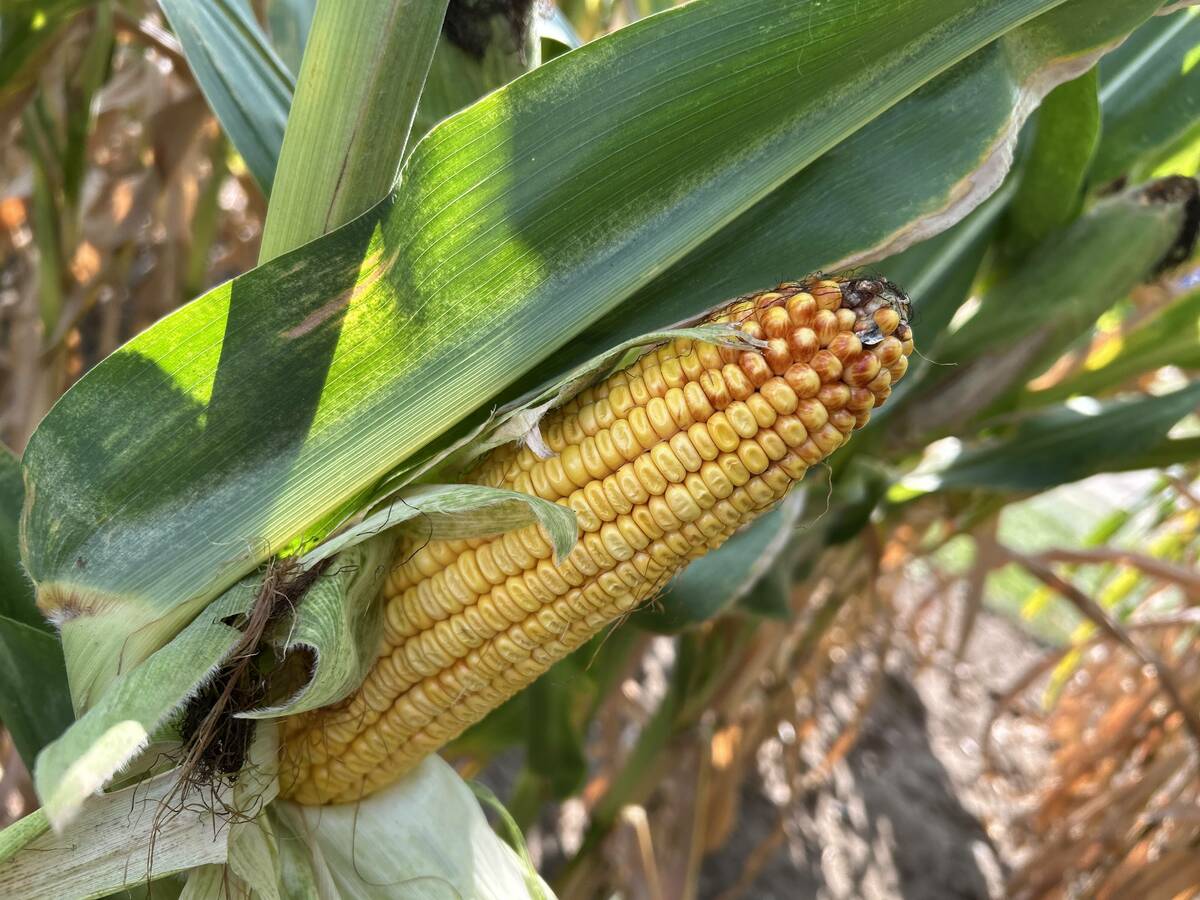There weren’t a lot of tears shed for the Wall Street “Masters of the Universe” when they got their butts kicked by a bunch of basement-dwelling amateur investors in the epic GameStop short-squeeze.
But even though they are hard to sympathize with, the Masters fell into a situation any farmer should be able to identify with — and fear, and hopefully learn from.
If you missed the bizarre GameStop story, it involved hedge funds that had become exposed to a possible rise in the company’s shares getting targeted and exploited by Reddit-connected amateurs for a short squeeze and losing billions of dollars in a few days.
Read Also

Crop estimates show mixed results
Model-based estimates used by Statistics Canada showed the 2025/26 crop year has seen increases in canola, corn for grain, oats and lentils production while seeing dips in spring wheat, durum wheat, soybeans and barley in comparison to 2024/25.
You don’t need to understand much about the mechanics of the short squeeze to grasp that the very-smart Wall Street cowboys had acted in a way most would consider rational, but which had exposed them to massive uncovered risk if something like a Reddit mob descended upon them.
“The short sellers really have puzzled me with their lack of risk management and hubris,” said portfolio strategist Logan Kane in a commentary at Seeking Alpha.
“They may be fundamentally correct in the end, but technically insolvent. To this point, this trade may go down in history as one of the largest transfers of wealth from professional investors to retail momentum traders in history.”
Short-selling is a risky game always, and a practice for only the best and most attentive investors. Even then, with the short-sellers in this situation some of the best in the world, the risk can be exponentially greater than anything but a doomsday analysis would provide. Being targeted by a social media mob willing to pile into the share and options on a company that seems to have a grim future isn’t something most people would expect.
Certainly, the short-sellers didn’t, costing them billions of dollars.
However, it was a risk that could be understood, after some of the craziness we saw last spring with bored-and-at-home speculators chattering away on social media platforms and then rushing into the markets and making various stocks and futures move in completely unexpected ways.
Not having an escape route behind their butts (see my Jan. 14 column on that topic), regardless of how safe they thought their bets were, turns out to have been a fatal risk management flaw.
It wasn’t a result of a “Black Swan event,” which involves an assumption-shattering situation nobody could ever anticipate. It was ignoring the many possible ways that a short squeeze — a risk every short seller of stocks and futures knows about — could suddenly occur.
That’s something farmers should use to check their own uncovered risk. These long-odds phenomena can be shockingly destructive. Farming is the most dangerous game, with risks haunting virtually every aspect of crop production and farm management.
Just look at what happened with West Texas Intermediate crude oil futures last spring when a combination of a localized supply glut in the delivery zone coincided with a (to some traders) unperceived change in rules and a market filled with sharks looking to exploit technical situations.
In a brutal selloff, WTI May futures plunged momentarily to -$37, that’s negative $37, per barrel. They bounced back quickly, but not before many traders had been stopped-out either by their own standing orders, or by margin conditions on their accounts.
Some traders were ruined by the rout. The most they thought they could lose was the entire value of WTI May futures. They didn’t realize they could actually end up owing money for owning oil contracts.
This has been a weird year in the markets. Strange animal spirits are stalking the land, looking for unsuspecting, wounded and lagging prey.
What’s going to blow up next?
That’s a multibillion-dollar question right now.
But one thing is obvious: you don’t want it to be you.
Check your exposure.
















